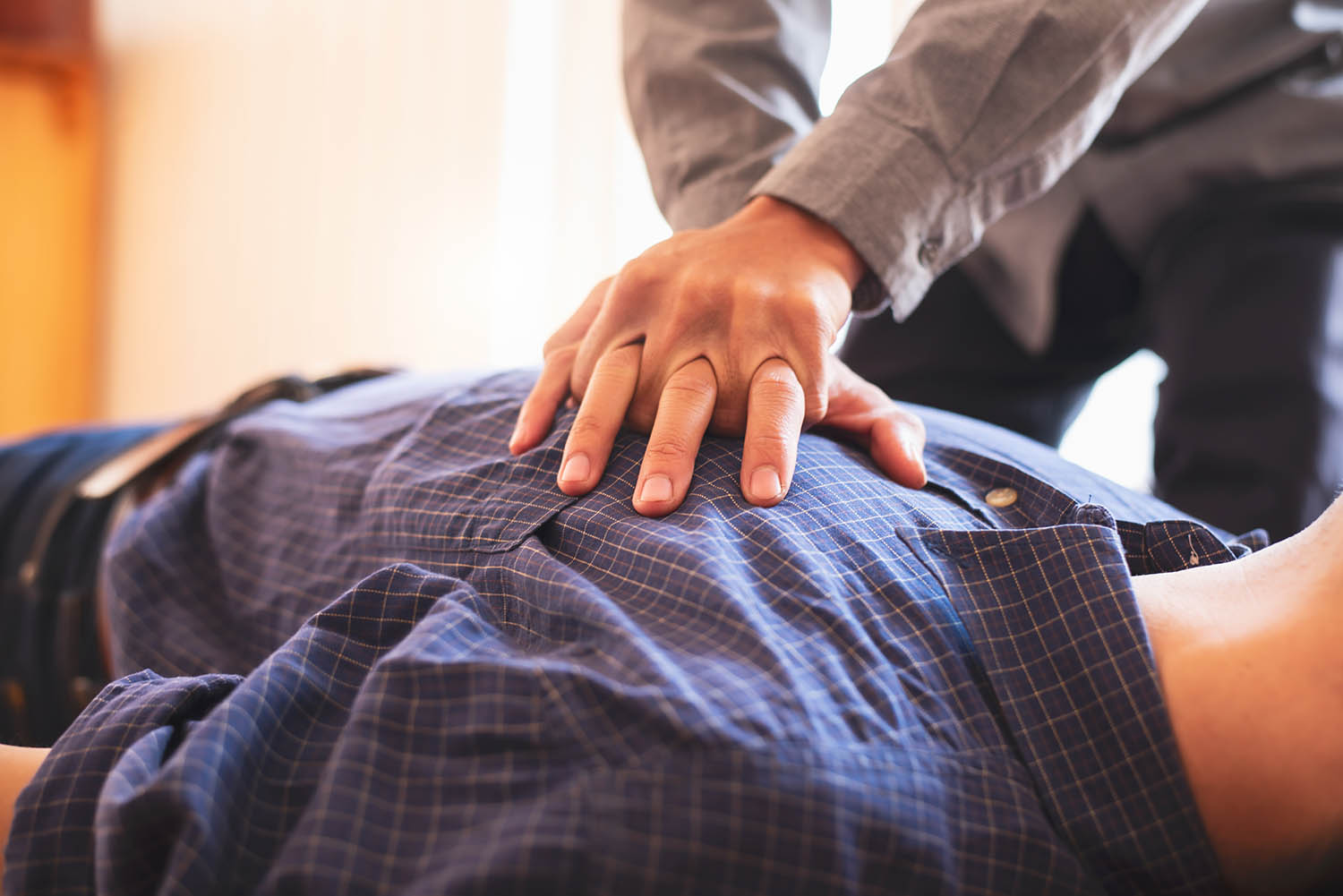While statistics show that 80 percent of those who experience cardiac arrest are at home and frequently have family present during the crisis, the American Heart Association reports that 70 percent of Americans feel helpless to act during a cardiac emergency.
Local statistics reflect this national shortfall. In 2012, Leon County Emergency Medical Services (EMS) records show that only 20 percent of cardiac arrest patients outside of medical facilities had bystander CPR in progress when help arrived.
With so many cardiac arrests occurring at home, learning CPR could mean the difference between life and death for a family member, friend or other loved one. Individuals who receive CPR immediately upon cardiac arrest have as much as double the chance of survival as someone who does not receive CPR. In fact, circulating oxygenated blood to the brain is so vitally important, a mere four to six minute difference in initiating CPR could determine whether a cardiac arrest victim sustains permanent brain damage.
If a cardiac arrest occurs in a public place, many facilities will have an automated external defibrillator (AED), which along with CPR can increase survival rates even more. An AED is a portable device that can deliver an electric shock to the heart in an effort to reestablish a regular heartbeat.
Because every second counts, it is critical to know CPR and be mindful of where AEDs are located in the event of an emergency. Being prepared saves lives. If you witness a cardiac arrest or find someone unresponsive, CALL 911 and be ready to administer bystander CPR. The life you save is most likely going to be that of someone you love.
For more information on CPR training visit www.heart.org/CPR or contact your local American Heart Association office. Leon County Emergency Medical Services can also be reached by calling Captain Davis at 850-606-2100.

